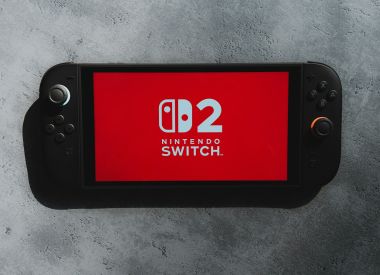Activision Blizzard can breathe a sigh of relief as it won a copyright infringement lawsuit filed by Booker T. Huffman, known to WWE fans as Booker T. The case stems from the wrestling superstar’s allegations that the David “Prophet” Wilkes character of Call of Duty: Black Ops 4 is similar to his G.I. Bro persona.
It was back in 2015 when Huffman collaborated with the artist Travis Huffman (not related) to release the G.I. Bro character, which included a comic book. The suit itself was filed at a Court in Texas with Huffman claiming that the infringement "resulted in hundreds of millions of dollars in sales of infringing copies of Booker T.’s G. I. Bro Works."
In a Motion for Judgement filed with the Court, Activision revealed that Huffman didn’t present any evidence and claimed only that his likeness was used to make the Prophet character. The studio argued though that Prophet is actually based on The Rock from the neck down, but not “facial expression” or “attitude.” However, the company argued that both are not copyrightable.
Indeed, looking over US Copyright Law, there’s no provision when it comes to facial expressions, much less attitude.
Activision added that Huffman wasn’t able to present any evidence when it came to damages. At best, it seems he only wanted a piece of the pie, which was the profits on the copyright claim. Activision also said that Huffman was not able to show just how much revenues were attributable to the said infringement.
Eventually, the jury sided with Activision with the verdict showing that they simply checked the “NO” portion on the question of whether Activision infringed Huffman’s copyright in the G.I. Bro Poster.
Activision is not the first studio to face a suit on allegations of using an individual’s likeness. Rockstar Games and Take-Two Interactive were sued by Lindsay Lohan. Lohan alleged that Grand Theft Auto 5 used her likeness for one of the characters. The court, however, tossed out the complaint stating that the game is satire. Under copyright law, satire can often be protected under the principle of fair use.
What about you? What do you think? Are they really similar?


















